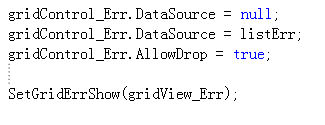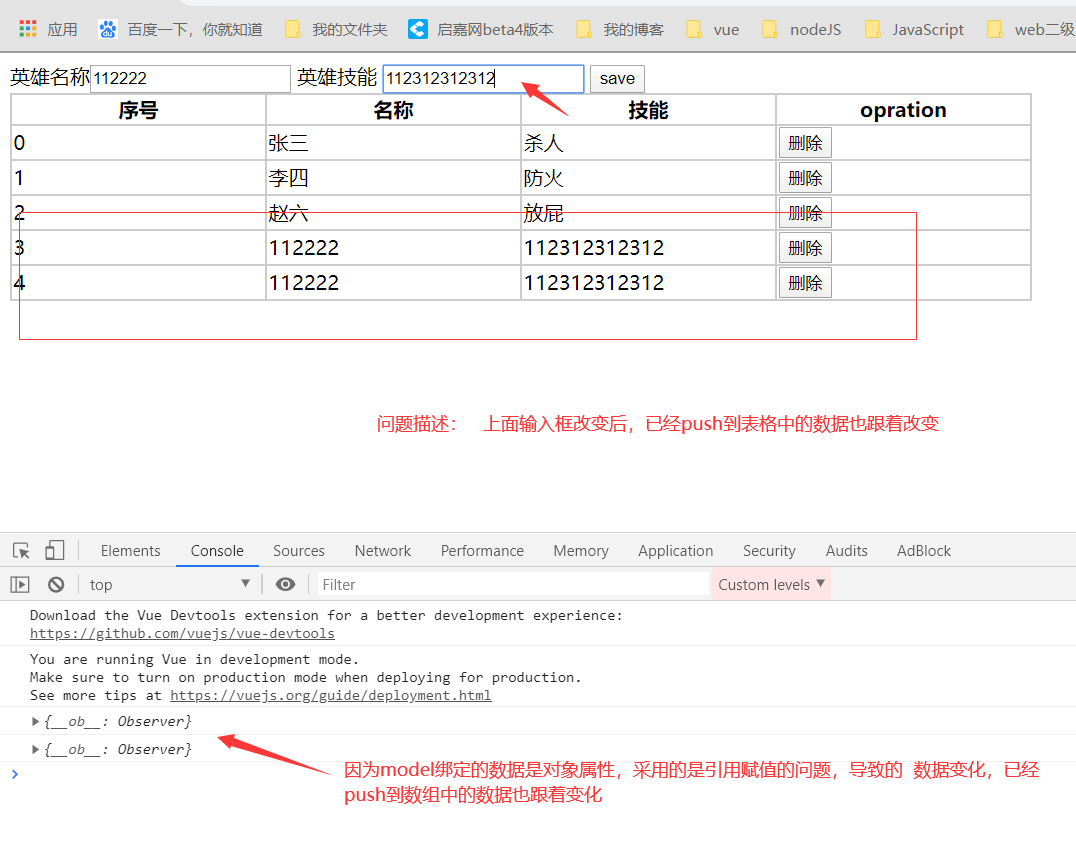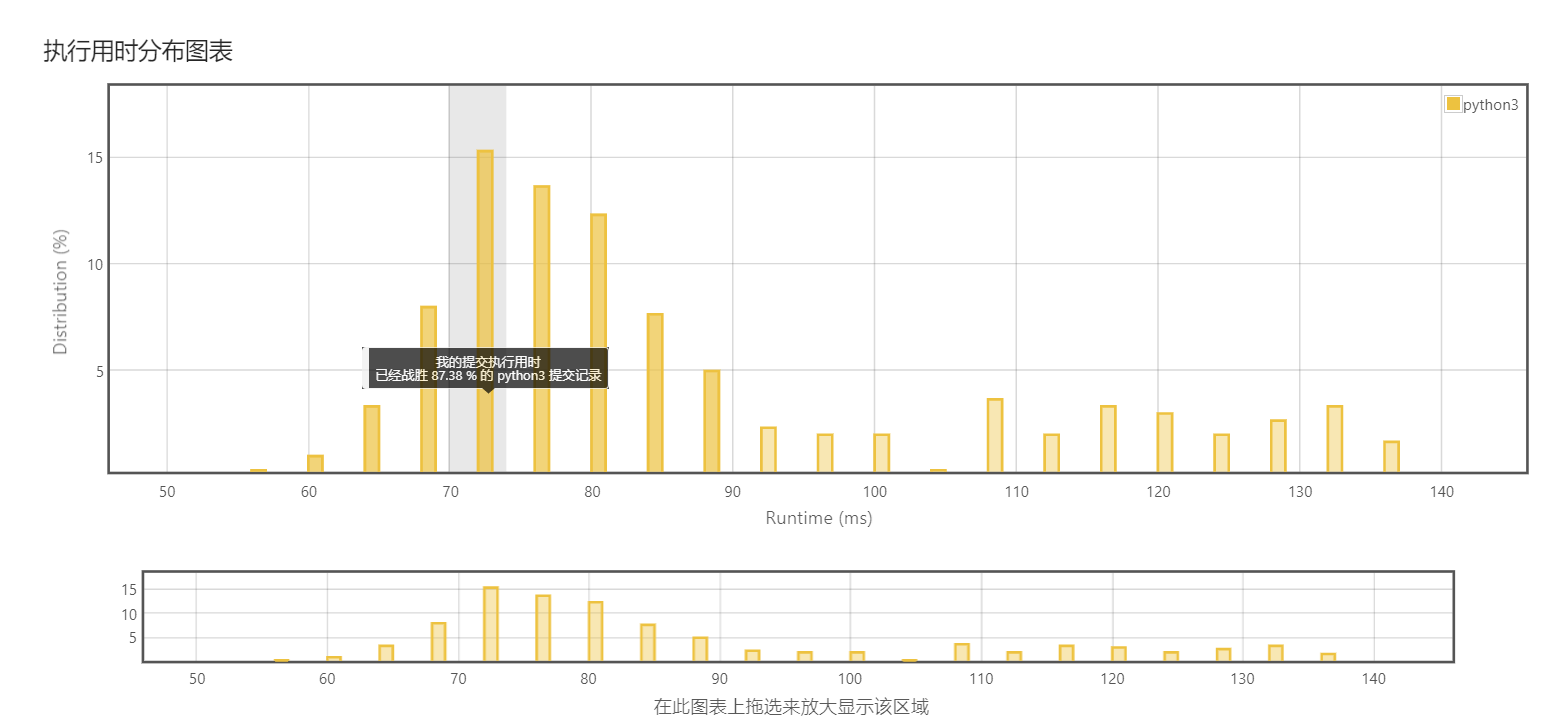POJ--1988 cube stacking
关于这道题目,本来想到的是既然是搬箱子到另一堆上,那么我只要知道某一堆的底部箱子,和顶部的箱子即可。以底部的箱子为父亲节点,则顶部箱子就是以该箱子为父亲节点的到其距离最大的点。因为每个节点到其根节点的距离是保存在各自的rank数组里的,所以应该是可行的。但是愚笨的我偏偏要把每一堆的点都要find一遍,结果当然TLE。1.方法行不通只能改进了,参考了别人的代码;把一堆最上面的箱子作为根,用数组rank表示x到其根节点的距离,用count\[x\]表示以x为根节的箱子的个数,则x下面的箱子个数很显然就是count\[ fx \] -rank\[x\]-1;#include <cstdio>#include <cstdlib>#include <cstring>#include <iostream>using namespace std;const int maxn=30005;int f[maxn],rank[maxn],count[maxn];void initial(){for(int i=0;i<maxn;i++){f[i]=i;count[i]=1;}memset(rank,0,sizeof(rank));}int find(int x){if(x==f[x])return x;int r=f[x];r=find(r);rank[x]+=rank[f[x]];return f[x]=r;}void Union(int x,int y){int tx=find(x),ty=find(y);rank[ty]=count[tx];count[tx]+=count[ty];f[ty]=tx;}int main(){int P;scanf("%d",&P);initial();while(P--){char s[5];int x,y;scanf("%s",s);if(s[0]=='M'){scanf("%d%d",&x,&y);Union(x,y);}else if(s[0]=='C'){scanf("%d",&x);int fx=find(x);printf("%d\n",count[fx]-rank[x]-1);}}return 0;}
2.这一种和上一种类似,不过是以箱子堆底部为根节点,rank[ x ]表示x到其根节点的距离,nNum[ x ]表示以x为根节点的堆的箱子数。
#include <stdio.h>#include <stdlib.h>#include <string.h>#include <algorithm>using namespace std;const int MAX = 30010;int nSets[MAX];int nNum[MAX];int nRank[MAX];void MakeSets(int nN){for (int i = 0; i < nN; ++i){nSets[i] = i;nNum[i] = 1;nRank[i] = 0;}}int FindSet(int nI){if (nSets[nI] != nI){int nPre = nSets[nI];nSets[nI] = FindSet(nSets[nI]);nRank[nI] += nRank[nPre];}return nSets[nI];}void Move(int nX, int nY){int nA = FindSet(nX);int nB = FindSet(nY);if (nA != nB){nSets[nA] = nB;nRank[nA] += nNum[nB];nNum[nB] += nNum[nA];}}int main(){int nP;char szOper[10];int nX, nY;scanf("%d", &nP);MakeSets(MAX);while (nP--){scanf("%s", szOper);if (szOper[0] == 'M'){scanf("%d%d", &nX, &nY);Move(nX, nY);}else{scanf("%d", &nX);FindSet(nX);printf("%d\n", nRank[nX]);}}return 0;}
3.这算是第二种方法的优化吧,去掉了一个数组,思想很巧妙。利用了f[ x ]的负值表示该节点为根节点和这一堆得箱子的个数…….,也就是去掉了count,其中nr数组为该箱子到其根节点的距离。
#include <iostream>#include <cstdio>using namespace std;int cube[30330],nr[30330];int n;void make_set(){for(int i=0;i<=30030;++i){cube[i] = -1;nr[i] = 0;}}int find_set(int x){int tmp = cube[x];if(cube[x]<0)return x;cube[x] = find_set(cube[x]);nr[x] += nr[tmp];return cube[x];}void union_set(int n1,int n2){int root1 = find_set(n1);int root2 = find_set(n2);int tmp = cube[root1];cube[root1] = root2;nr[root1] =nr[root1] - cube[root2];cube[root2] += tmp;}int main(){int i,j,root1,root2,n1,n2;char ch[1];cin>>n;make_set();while(n--){scanf("%s ",ch);if(ch[0]=='M'){scanf("%d%d",&n1,&n2);union_set(n1,n2);}else if(ch[0]=='C'){scanf("%d",&n1);int tmp =find_set(n1);printf("%d\n",nr[n1]);}}return 0;}



































还没有评论,来说两句吧...